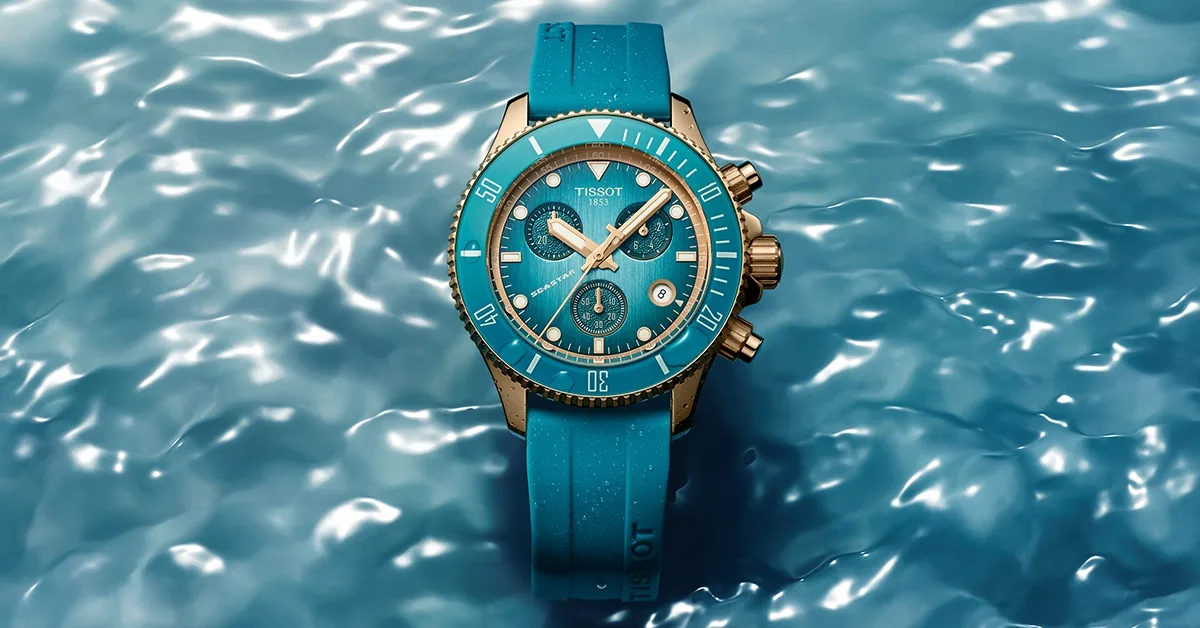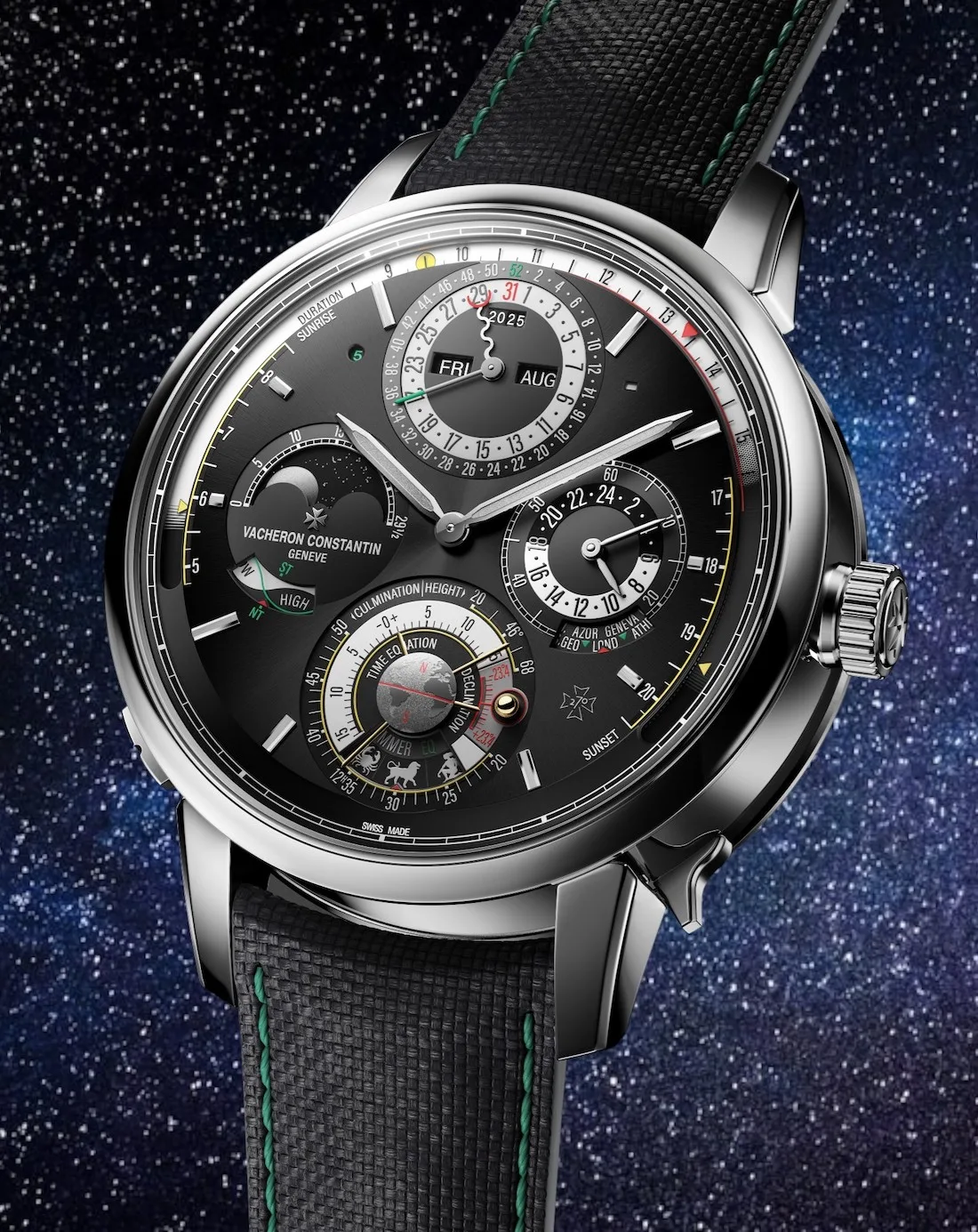Amilla Maldives is a luxury resort developed on a natural island, nestled within the Baa Atoll, a UNESCO Biosphere Reserve in the Maldives.
On arrival, I was welcomed by General Manager, Narelle McDougal, for whom conservation, sustainability and accessibility are top priorities. “I’ve been in hospitality all my professional life and it always annoyed me that disabled guests had a bit of a ‘second-class citizen’ treatment,” I asked her for an example. “Normally, access ramps are ugly; rooms adapted to wheelchairs don’t have the same standards as those for able-bodied visitors, and they are in the least attractive part of the resort…that kind of thing. I wanted to change all that here.”
She has indeed done that. Some of the access ramps are now works of art, like one shaped like a tropical fish, made from colourful tiles. Wheelchair-friendly rooms are in prime locations and boast thoughtful features – including extra space under sinks and desks for ease of use. Even details like the positioning of sockets haven’t escaped Narelle’s attention. She was also keen to cater for guests with mental health issues, and visual or hearing impairments. “We achieved the premier certification of Inclucare in 2022,” Narelle says. “It is a status we are beyond proud of. We are currently the only resort in the Maldives to be a member of the Hidden Disabilities Society.”


Nigiri sushi and Sashimi plate and crab tempura, two the most popular dishes at Feeling Koi, Amilla’s Japanese restaurant.
Narelle takes her sustainability agenda as seriously as she does her inclusivity goals. In a country where over 90 percent of food supplies are imported, Amilla grows its own fruit and vegetables that end up on guests’ plates. Over dinner at Feeling Koi, the resort’s Japanese restaurant, located on the lagoon itself, Narelle explained how she and her team have also started a sustainable fishing programme, which means all reef-fish they serve are caught in the Baa Atoll by local fishermen.
Amilla is part of the Small Luxury Hotels of the World group; so, spectacular comes as standard. My room – with its vast interior space and floor-to-ceiling ocean views – included an infinity plunge pool and every comfort I could ever need. Then, Amara Shafeeq, Marketing and PR Manager at Amilla showed me the eight private residences, which range from four to six bedrooms. They are the epitome of luxury and offer an extra room for a nanny, a butler or any other member of household staff that high-net-worth families will surely appreciate on their exotic escapes.


Terrace and bedroom views at a Lagoon villa, Amilla Maldives.
Equally appealing for groups and families is the huge offer of activities at Amilla. From adrenaline-boosting motorised water sports to scuba-diving, fishing, snorkelling and even private picnics on a sandbank, there is so much to do at the resort that you’ll need at least a week of non-stop action to try it all. My favourites were probably the dolphin cruise, scuba-diving and night snorkelling.
The diversity of marine life around here is staggering. Corals – and the reefs they form – are vital to the health of our oceans, providing habitats for more species of marine life per square metre than any other saltwater environment. In numbers, they support around 4,000 types of fish, 800 of hard corals and hundreds more of other species. Fortunately, in the Maldives some corals are adapting to changing conditions in acidity and temperature.
When it comes to larger beings, five out of the seven species of sea turtles in the world can be found locally. Although they are fully protected in the Maldives, in many other places they are not. Theft of their eggs, together with climate change and entanglements in fishing gear keep these beautiful creatures on the WWF list of endangered species.



From coral reefs home to thousands of species to majestic rays and placid hawksbill turtles, Amilla is a dream-come-true for scuba divers.
Sharks are very common here too. But contrary to legend, they are not fierce predators. To quote Gibbs Kuguru, a shark scientist and geneticist at National Geographic: “Sharks only prey on the dumb, the dying, and the dead.” There are over 20 species of shark in the Maldives, with the most common being the black-, white- and grey-tip reef sharks, together with nurse sharks – often seen basking at the bottom of sandy lagoons. More elusive are the whale sharks, zebra sharks, tiger sharks and guitarfish.
Amid such a variety of sea life, the stars of the show are the rays. Vast numbers of these graceful creatures live here and millions more pass by in their annual migrations. The giant manta ray is often seen between May and November, while several species of eagle ray and sting ray are easily spotted all year round in shallow lagoons and at the edge of reefs. Amilla is particularly good for manta sightings. At Hanifaru Bay, a world-renowned site within the Baa Atoll UNESCO World Biosphere Reserve, they congregate en masse when the tide, moon and other conditions are right; usually, from July to October.
On our dives and snorkelling trips, we were lucky enough to see Napoleon fish , which, like Virginia Woolf’s Orlando, can change sex when they reach maturity from female to male, going from a red-orange colour to a deep, blue-green. They waft imperiously through coral reefs in search of molluscs, starfish and crustaceans. Napoleons are still highly coveted as a delicacy in Southeast Asia, and hence, very expensive. Sadly, severe overfishing has driven them close to extinction.

Spinner dolphins escorting Amilla’s guests aboard one of their marine life cruises.
I’ve had close encounters with dolphins before, but nothing on the scale of what we experienced in our dolphin cruise. Two of the most common dolphin species in the Maldives – spinners and bottlenose – frequently play and hunt in the waters around the resort. Although completely wild, they enjoy racing the boats, and their natural curiosity draws them to humans. I couldn’t believe how many of them came to say hello. They criss-crossed in front of the hull and jumped acrobatically just a few metres from us, clearly having as much fun as we were. Some of them even tapped the boat when it came to a halt, as if encouraging the captain to keep competing.
Night snorkelling is a magical activity at Amilla. Reefs are full of noctambule creatures (a bit like London’s Soho), among them the flamboyant lionfish; razor-sharp needlefish; colourful starfish; shy lobsters, and moray eels half-hidden in rocks. Cruising by, you are likely to see majestic eagle rays, and if luck is on your side, even leopard and guitar sharks. Some others, like the parrotfish, prefer to sleep and sometimes do so within a bubble of mucus, a really funny sight. At the end of our nocturnal adventure, we switched off our torches to enjoy the magical display of phosphorescent plankton, which looks like marine fireflies and completely surrounds you.
If you catch a few hours of rain, don’t worry about being bored: Amilla offers plenty of activities that are not weather-sensitive, like art classes, photography sessions or creating your skincare products at the apothecary bar within the spa. It rained an afternoon while I was there, but I sought refuge at EBC (Emperor Beach Club). Clad in wood, with a massive Chesterfield sofa, and shelves and alcoves full of old records and books, the space has something of an American flavour, including a jukebox and a pool table. The fact that it is adjacent to the wine cellar earns extra bonus points… Definitely the place to be for inclement weather.

Alchemy Bar at Amilla’s spa, where guests can put together their own products from ingredients that are often grown on-site or local.
Or you may prefer to be pampered at the Javvu spa, which offers a complete menu of homegrown, traditional and modern treatment therapies, ranging from Dhivehi Beys herbal medicine to pioneering treatments, yoga, movement, healing and chromo-therapy. Each aims to nourish both body and mind. For my full-body massage, everything the therapist used was made at Amilla, including the oils, herb poultice, hot packs for my back and even the restoring tea I had afterwards. They encourage toxin detoxification post-treatment, which eases muscle pain and boosts circulation.
My last dinner was at Barolo, Amilla’s Italian restaurant on the beach, with stunning views of the lagoon. From all the restaurants at the resort, this is probably the one that best showcases the produce of its organic food garden. Dishes such as the Caprese Insalata, Reef Fish Carpaccio and Tagliatelle a la Maldivian leave no place to hide, and prove how good its local ingredients really are.
Before leaving, I had the chance to speak to Zoe Faye Cox, Sustainability Manager at Amilla. As the resort was developed on a natural island, there is as much life on land as there is under water. For example, the Indian flying fox, one of the largest bats in the world, can be seen flying around during daytime or hanging from the branches of the Banyan trees that populate the island.

Adult white-tailed tropic birds perform fabulous display flights over their breeding islands. Photo © Steve Potter.
More difficult to spot is the white-tailed tropicbird, which nests on the ground, hidden by the underbrush or in holes in tree trunks. They only have one chick, which is looked after by both parents for a very long time; they are not scared of humans and return to the same spot to raise their chicks. That’s why deforestation and human invasion present such a threat to this species. Zoe is involved in a great research project that intends to preserve its continuation: “We take GPS coordinates of the nests and monitor their growth and behaviour, both in inhabited and uninhabited islands,” she explains. “Protecting their nesting sites means development and conservation can coexist for these birds.”
Another of Zoe’s goals is the drastic reduction of single-use plastic and use of fossil fuels. “In a place like the Maldives, where almost everything must be imported, this is very difficult,” she admits. “But when it comes to what we provide to our guests, we are taking giant steps.”
I had already heard from Amilla that it was steadily going paperless, but listening to Zoe, I realised I hadn’t seen any of the plastic packaging that is usually everywhere in hotels. It is a clear sign of proud progress. “We are also working very hard on our organic fruit and vegetables garden,” she says. “This is a great way for us to avoid packaging altogether; reduce our air miles, and increase the nutritional value of the food we serve. It also makes our supply chain transparent, as we know it’s ethically sourced.”

Armilla’s Mystique garden, where many fruits and vegetables are grown to be consumed by guests and staff.
The use of fossil fuels is being tackled head-on. At the moment, solar power provides energy for “behind-the-scenes” parts of the resort, but the ambition is to be doing the same across the hotel, villas and facilities within a decade.
My experience at Amilla Fushi has helped me to understand the true nature of luxury: a big part of paradise is what the planet offers for free. Our responsibility is not just to enjoy it, but respect it too.
Words: Julia Pasarón
Amilla Maldives Tel: +960 6606444 Email: stay@amilla.com
British Airways flies direct from London Heathrow to Male International Maldives, Premium Economy from £1,955 return; and Business Class from £6,273.29 return.

















Show Comments +